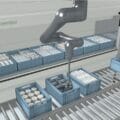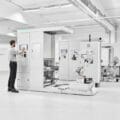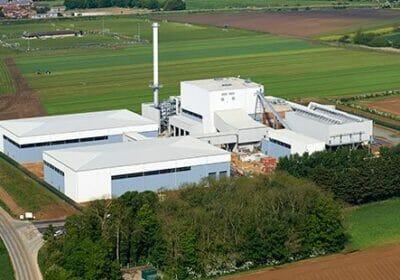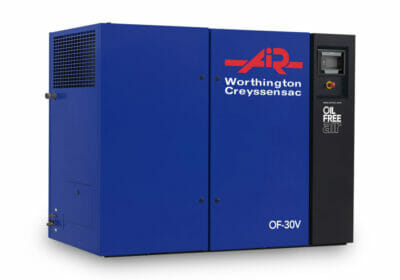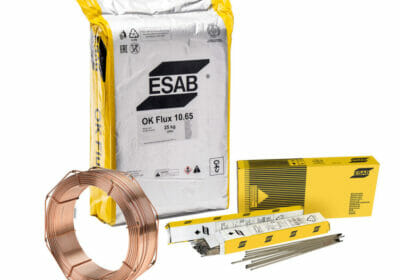As efforts to achieve climate goals and net zero gains momentum the pressure for companies to adapt and embrace this once-in-a-lifetime eco revolution, is on. None more so than in the automotive sector where consumer and commercial manufacturers are firmly under the microscope to deliver against targets and legislation outlined by governments worldwide.
In somewhat of a tipping point, early adopters of low-emission technology and electric vehicle frontrunners such as Tesla, Nissan and Cummins have been joined in this mammoth task by notable industry big names Ford and Bentley – to name just a few.
However, this EV revolution and the challenges of increasing range and performance, especially for commercial vehicles, has ignited and inspired a new generation of automotive builders. Indeed, some of the most significant achievements in developing what is still a relatively new technology, can be attributed to industry start-ups.
While many of these start-ups are founded by automotive industry veterans and technical skill sets transferred from prior development and application of conventional internal combustion engines, electric vehicles pose a new set of challenges.
The questions end-consumers are interested in are “what range is achievable in this vehicle?” and, “is the infrastructure in place to charge my vehicle?”.
And so, performance is key – even down to the nuts and bolts that fasten the vehicles together. Light weighting, insulation and material choice are considerations that carry more importance than ever before, directly effecting vehicle performance, range, and overall cost.
With a rich and vast heritage in the automotive sector, to global fastener and component distribution and manufacturing experts, Optimas Solutions, this subject is right in the company’s wheelhouse. Look beyond the businesses core competencies – the supply of these essential parts and related inventory management systems – we find a team of highly experienced and knowledgeable engineers.
This engineering support is on-hand from design stage to production with the singular goal of analysing and streamlining the customers’ bill of materials through part assortment analysis, consolidating SKUs and product re-engineering – finding the right solutions to save costs.
Fastener selection, if not refined and optimised, can inherently pose unnecessary roadblocks, and that can start from the very first set of designs. Part proliferation is one by-product of the design process that adds complexity and can rapidly bloat a bill of materials, particularly amongst start-ups. Through a programme of rationalisation these parts could be unified, saving money.
Leveraging commonly used industry-standard parts to speed up sourcing and delivery and identifying other areas of improvement to reduce costs, assembly time and mitigate contamination risks – such as making a simple switch to SEMS screws with captive washers, are examples that engineering support could find as areas in need of attention.
Head of Business Development at Optimas Solutions, Simon Wright, commented, “Optimas is delivering first class support to OEM customers embarking on EV and EV infrastructure projects for the first time. Leveraging experienced engineers and expert global sourcing to bring real value and results to the partnerships we have formed.”
Automotive and EV construction, whether the vehicles themselves or charge points, is then, a metaphorical minefield of technical performance challenges, down to the very smallest of parts but it is a challenge in which Optimas are leading the charge.
For further details on Optimas visit: www.international.optimas.com


